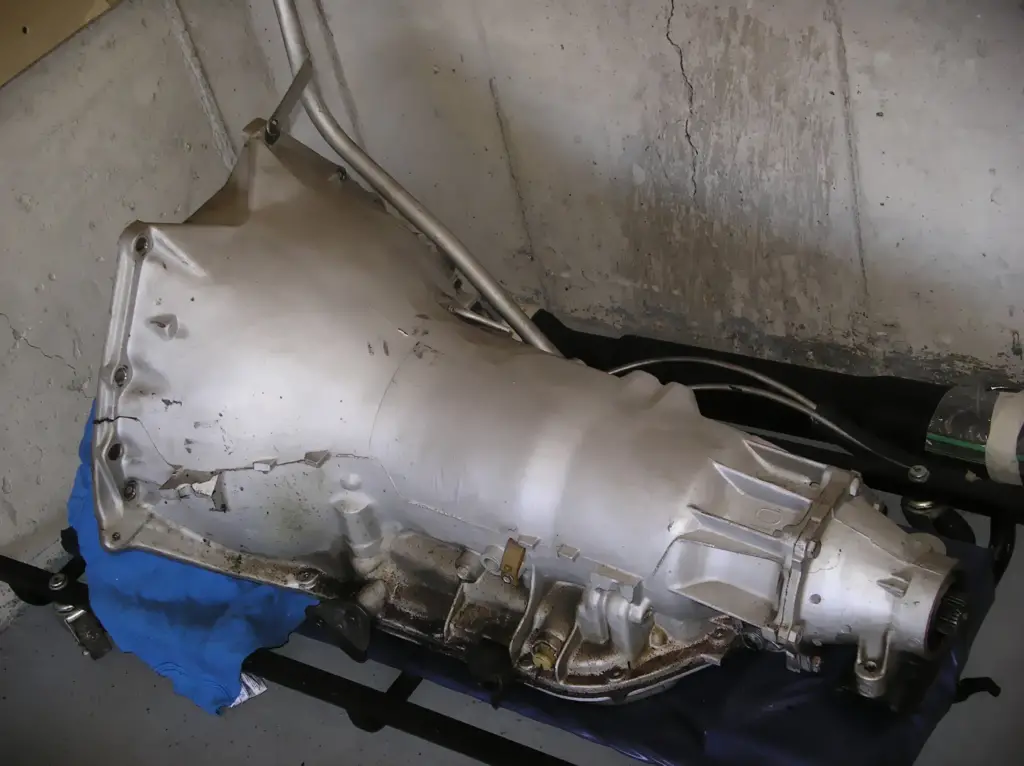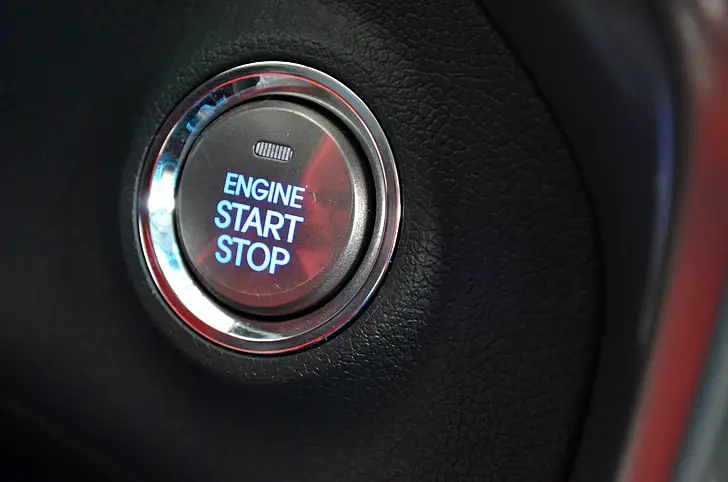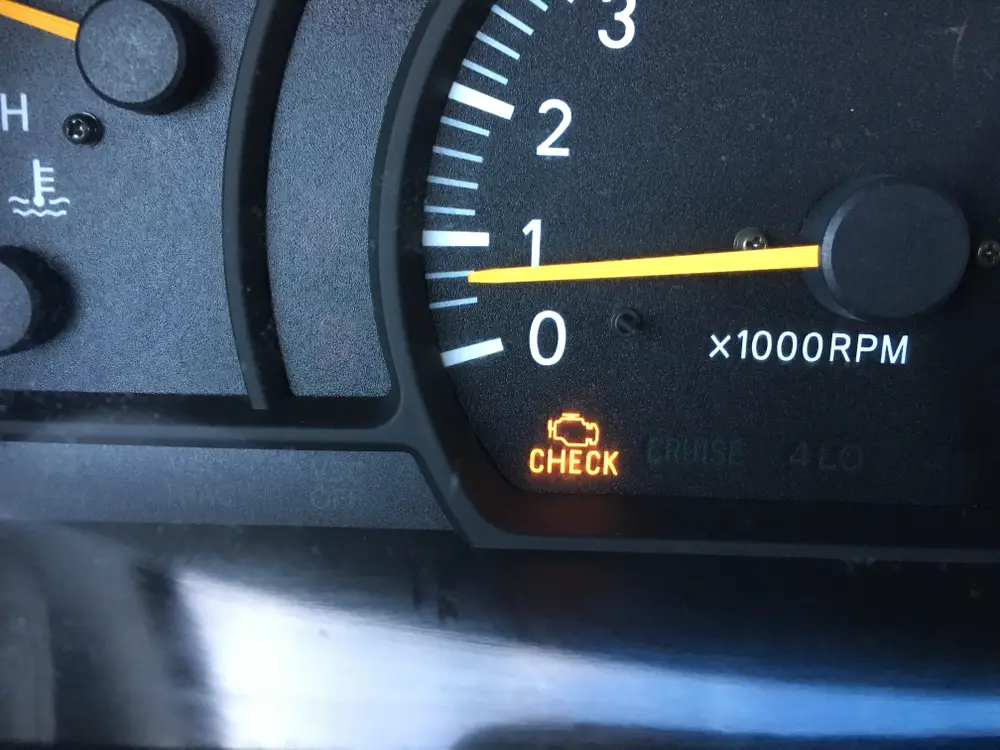
Many owners of GM vehicles and their transmission systems are understandably concerned about the implications of recent software updates and recalls.
Introducing new transmission control module software is intended to monitor valve performance and detect wear before serious issues arise. However, this raises significant questions like,
Will this software merely serve as an early warning system, leaving drivers to deal with the costly consequences of a transmission failure?
What happens if the valve does fail after the warning is issued? These concerns reflect a broader anxiety among GM owners about the reliability of their vehicles and the adequacy of coverage for repairs.
Drivers must understand not only the potential risks involved but also what support they can expect from GM if gear problems arise, ensuring they feel secure in their investment and safe on the road.
This guide intends to help you stay informed of the various signs and preventive steps to use in cases of GM transmission problems.
Contents
GM Transmission Recall
Recently, GM announced a recall affecting approximately 461,839 vehicles due to a defect in the transmission control valve.
This issue can cause the rear wheels to lock up unexpectedly, increasing the risk of accidents.
The affected models include:
- 2020-2022 Chevrolet Silverado
- 2020-2022 GMC Sierra
- 2021 Cadillac Escalade
- 2021 Chevrolet Tahoe
- 2021 GMC Yukon
The failure of the transmission control valve poses significant safety implications, as it can lead to loss of control while driving.
To resolve these issues, GM is offering free repairs by installing updated transmission control module software and implementing a unique coverage program for affected transmissions.
If you own one of these models, it’s essential to contact your dealer for more information on how to proceed with repairs.
Signs of GM Transmission Problems
Being aware of the signs can help you catch issues early.
- Shuddering and Vibration: Pay attention during gear shifts.
- Delayed Gear Engagement: Notice if there’s a lag when shifting from park to drive.
- Service Engine Light: This warning light could indicate transmission problems; don’t ignore it.
- Harsh or Rough Shifting: If shifts feel rough or clunky, it’s time for an inspection.
- Unexpected Shifts: Erratic gear changes can signal deeper issues that need immediate attention, not forgetting oil leaks.
GM 10-Speed Transmission Problems
The 10-speed transmission used in many GM vehicles has garnered attention for several common issues.
Shift Selector Problems
One prevalent issue is related to the shift selector, which can lead to unexpected gear shifts.
Drivers may notice mismatched indicators or experience sudden changes in gear without input.
To address this, checking and refilling the transmission fluid is a good first step. If problems persist, consulting a specialized mechanic is advisable.

Slow Throttle Response
Another common complaint involves slow throttle response, which can be frustrating during acceleration.
This problem may stem from software settings or gear ratio discrepancies. Resetting the software or having a professional evaluate the system can help resolve this issue.
Fluid Leakage
Despite advancements in leak-proof systems, fluid leakage remains a concern for some 10-speed transmissions.
Symptoms include error codes and visible leaks under the vehicle. Addressing fluid leaks promptly by sealing leaks or replacing worn gaskets is crucial to prevent further damage.
Shuddering and Rough Shifting
Many drivers report symptoms of shuddering and rough shifting with their 10-speed transmissions.
These issues can be indicative of deeper mechanical problems that require professional diagnosis and repair.
GM 8-Speed Transmission Problems
The 8-speed transmission also has its share of common problems:
Torque Converter Clutch Failures
Torque converter clutch failures are among the most reported issues. Symptoms include slipping or stalling during acceleration.
If you notice these signs, it’s essential to have your vehicle inspected by a qualified technician.
Transmission Fluid Quality
Issues with transmission fluid quality and levels can lead to poor performance and increased wear on components.
Regularly checking fluid levels and ensuring high-quality fluid is used during maintenance can mitigate these problems.
Clunking Noises
Drivers have reported clunking noises during shifting, which can indicate internal wear or damage within the transmission system.
Addressing these noises early can prevent more severe issues down the line.
Long-Term Reliability
While GM’s 8-speed transmission has been an improvement over previous models, concerns about long-term reliability persist.
Regular maintenance and prompt attention to any symptoms are essential for ensuring its longevity.

What to Do If You Have a GM Vehicle with Transmission Problems
If you’re facing transmission issues:
- Check for Recalls: Visit the official GM website or contact your dealer to see if your vehicle is affected.
- Document Issues: Keep a record of all symptoms and repairs; this information will be helpful if you need to escalate the issue.
- Visit a Professional: Don’t hesitate to seek help from certified mechanics who specialize in GM vehicles.
Preventive Measures and Maintenance Tips
To avoid future transmission problems:
- Regular Maintenance: Schedule routine checks for fluid levels and overall transmission health.
- Warning Signs: Stay vigilant for any unusual sounds or performance changes.
- Prompt Action: Address any issues immediately; waiting can lead to more extensive damage and costly repairs.
How to Join GM Transmission Class Action Lawsuit
If you’ve experienced ongoing issues with your GM vehicle’s transmission, you may be eligible to join a class action lawsuit:
Understanding Class Action Lawsuits
A class action lawsuit allows consumers with similar grievances against a company—like GM’s ongoing transmission problems—to band together for legal action.
Eligibility Criteria
To determine if you qualify:
- Gather documentation of any issues experienced with your vehicle.
- Look for records of repairs or complaints made regarding your transmission problems.
Finding Legal Representation
Seek legal representation or organizations that are leading the lawsuit against GM.
Many law firms specialize in consumer protection cases and can provide guidance on how to proceed.
Staying Informed
Stay updated on ongoing lawsuits and potential compensation through legal news websites or consumer advocacy groups that track automotive recalls and class actions.
Conclusion
Being aware of GM transmission problems is vital for all vehicle owners. By understanding common issues, knowing how to respond effectively, and monitoring your vehicle’s performance, you can protect yourself as a consumer and ensure your driving experience remains safe and enjoyable.
If you suspect any problems with your transmission, don’t hesitate to seek professional assistance immediately.




Leave a Reply